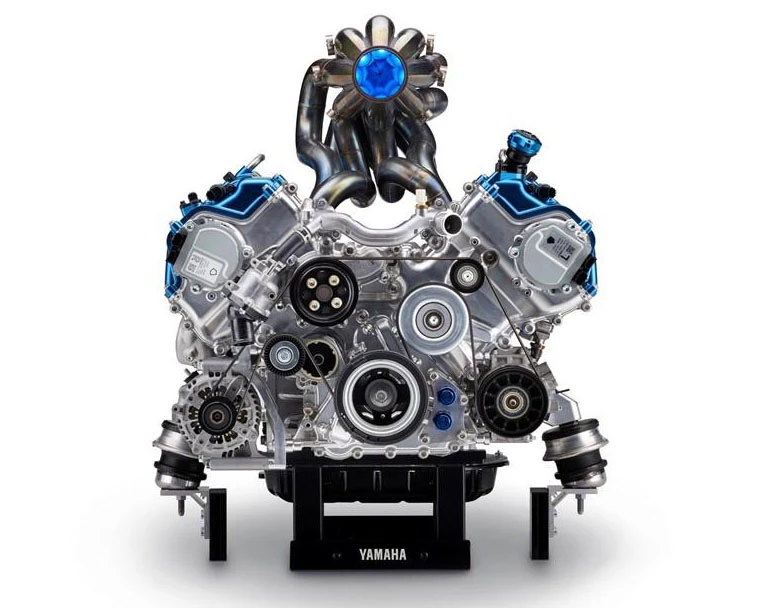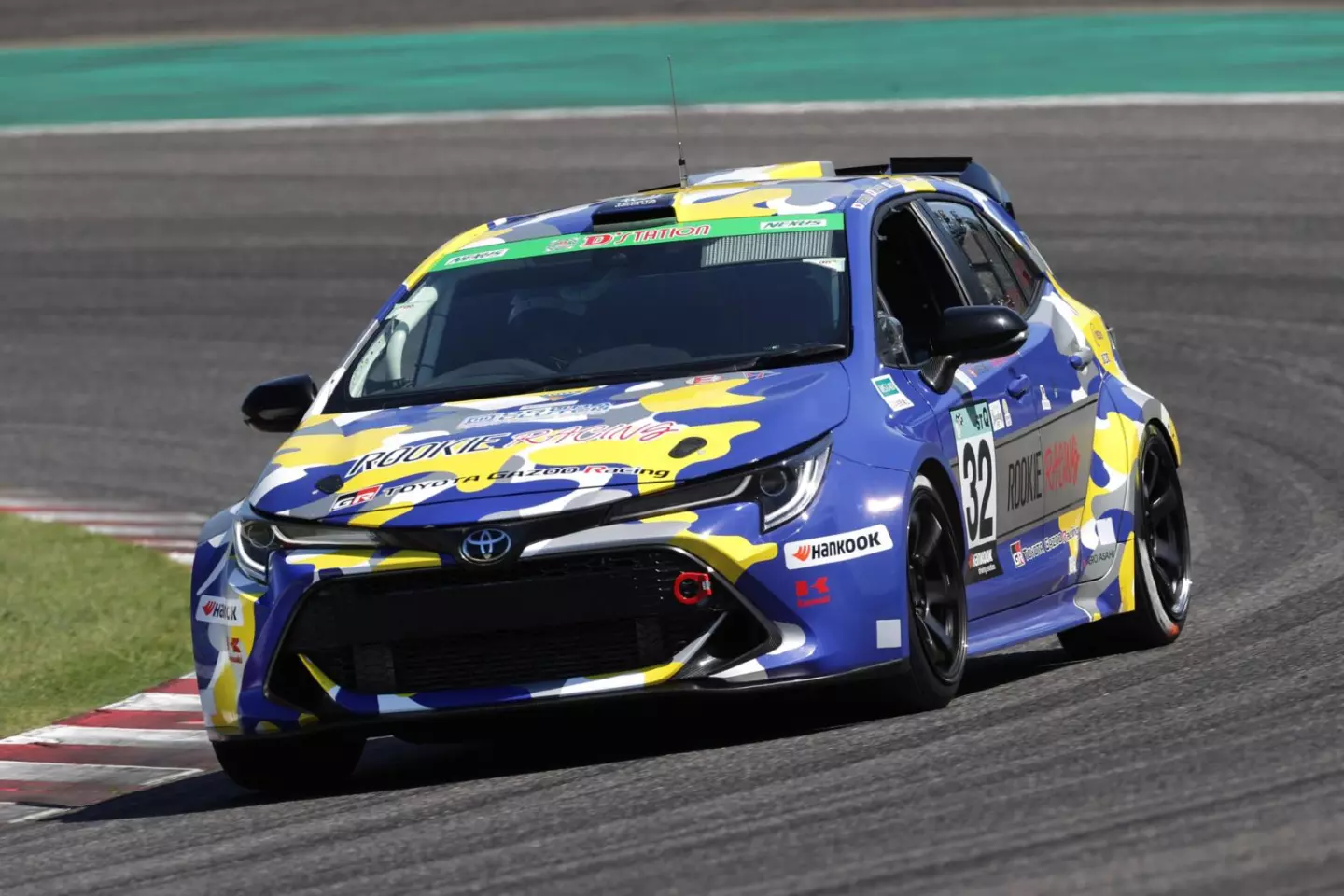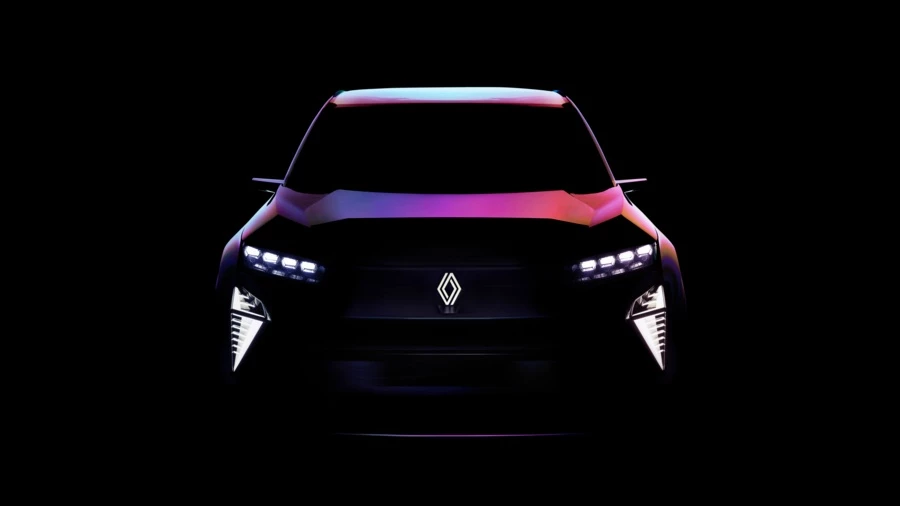Hydrogen combustion engines are inefficient, costly to maintain and worse for the environment than fuel cell or battery powertrains. But they're also noisy and fun, so automakers are starting to pitch them as a greener option for die-hard motorheads.
Hydrogen will have its place in the new green economy. It carries more energy per weight and volume than lithium batteries, so it looks like it'll make sense for green hydrogen to find widespread use in applications that batteries can't service: aviation, marine, long-haul trucking, trains and heavy vehicles are potential candidates.
For cars, it's less compelling; batteries will do the job just fine for most drivers, and they offer their own benefits. You can charge them at home or the office instead of hunting around for a hydrogen station, for starters, and they make much more efficient use of electricity, returning almost all of the energy put into them in the form of torque at the wheels. Indeed, the only substantial well-to-wheels energy losses you encounter running a battery EV are at the power transmission lines.
Still, hydrogen fuel cell consumer cars like Toyota's Mirai and Hyundai's Nexo will persist for drivers that prefer the ability to fuel up quickly rather than wait at a charger on a longer trip. Japan and Korea are working hard to make hydrogen widely available, so they should be about as convenient as today's gas-burners.
Efficiency-wise, fuel cell vehicles are terrible compared to batteries. Energy is frittered away at the electrolysis, compression and transport stages, it bleeds slowly out of the tank if left to sit, and there are further inefficiencies running it back through a fuel cell to convert it back to electricity. Well-to-wheels, if battery-electric is around the 75-85 percent efficiency range, fuel cell electric delivers more like 30-35 percent. But at least it's zero-emissions and low maintenance.

Which is why it's odd that another option is popping up in the form of specially developed hydrogen combustion engines, like the 5-liter, 450-horsepower V8 that Yamaha is developing for Toyota, and the hydrogen engine concept car Renault is now teasing.
Hydrogen can be burned in combustion engines, but doing so has disadvantages. Firstly, it suffers from all the supply chain efficiency losses of a fuel cell EV, with the added drawback that the combustion stage is even less efficient than a fuel cell, knocking around a further 5 percent off the final well-to-wheels efficiency.
Secondly, while the combustion product of hydrogen is safe, clean water, the act of burning it in air also produces harmful nitrous oxide emissions, and since it needs to be lubricated with oil, that oil will produce particulate emissions. Catalytic filters will be fitted to remove a lot of this stuff, but not all. So hydrogen combustion is both less efficient and less clean than fuel cell EVs.
The third drawback for the customer is in maintenance. Electric powertrains require very little, but combustion powertrains require regular servicing. A cynical observer would point out that the manufacturers do solid business on spares and servicing deals, and that might go some way toward explaining why car companies are even considering this technology.
After-sales income like maintenance and spares might provide an economic incentive for car companies to press ahead with hydrogen engines, but the story they're telling is different. Firstly, the combustion engine has been at the heart of most automakers' programs for many decades, and holds a certain place in their cold, corporate hearts.
“We are working toward achieving carbon neutrality by 2050,” explained Yamaha Motor president Yoshihiro Hidaka in a press release about the company's deal to develop a hydrogen engine for Toyota. “At the same time, ‘Motor’ is in our company name and we accordingly have a strong passion for and level of commitment to the internal combustion engine.”

But secondly, and more interestingly, it seems they're working to position hydrogen combustion as the petrolhead's choice in carbon-neutral driving. Battery and fuel cell electrics are silent, which makes them boring to some people who have grown up getting excited by combustion orchestras they can conduct with their right foot. Hydrogen engines can bring the sounds of exhaust and induction back into the cabins of low-emissions cars, if not zero-emissions ones.
And while electrics are ruthlessly efficient and typically much quicker than gas-burners at the traffic light drags, they give passionate drivers nothing in exchange for losing their kinetic connection to the road through a clutch, a tacho, a snarling engine with an interesting torque curve, and a gearbox.
Hydrogen combustion engines can keep all of these things moving forward into a green(ish) new world. Passionate rev-heads have demonstrated time and again that they're happy to spend more on fuel if they get more fun in return. Many already rip emissions-control gear out of brand-new vehicles just to squeeze out a few extra horsepower or make them sound better, so they're unlikely to baulk at a few nitrous oxides or particulates.

So it's starting to look like a few companies are beginning to position hydrogen combustion engines as a kind of enthusiast's choice, a greener option that folk can move to, either because they want to do better for the environment or because they're eventually forced to.
"I personally want to pursue not just performance but also a new allure for the internal combustion engine that the world has yet to see,” said Yamada.
Indeed, it seems Toyota might see hydrogen combustion as the future of racing, as well. It's already entered hydrogen-engined prototypes in three domestic races and is looking to expand this program into further events. Where battery-electric racing gets accused of being a bit of a sterile event in the absence of big noise, perhaps this is the antidote.
That certainly puts an interesting spin on things. What say you, motorheads? As gasoline is gradually pulled off the menu over the next 30 years, would you be interested in a hydrogen car that could maintain the theater of combustion engine driving – even if it costs more to run, needs servicing and is worse for the environment than a battery-electric vehicle?






